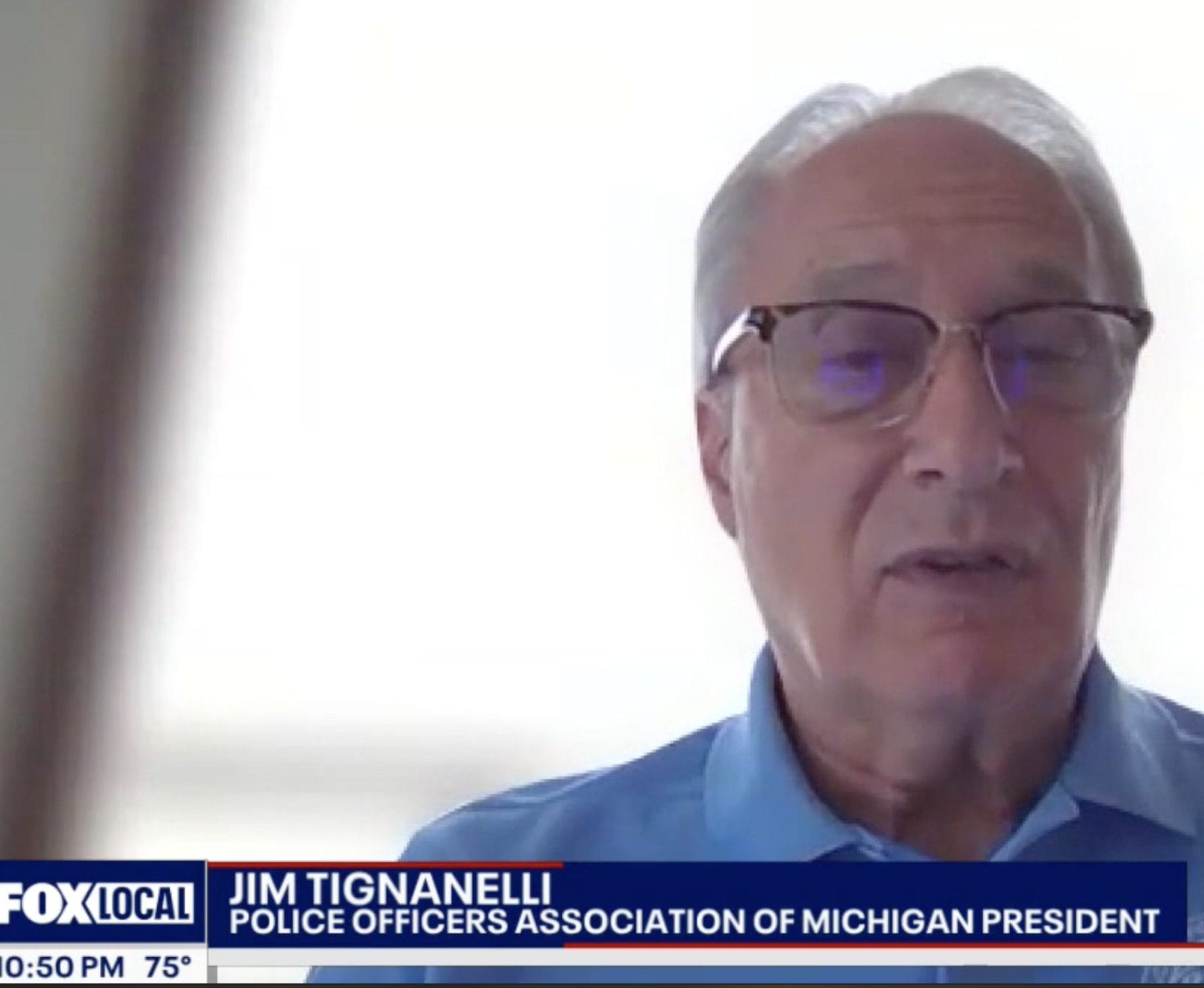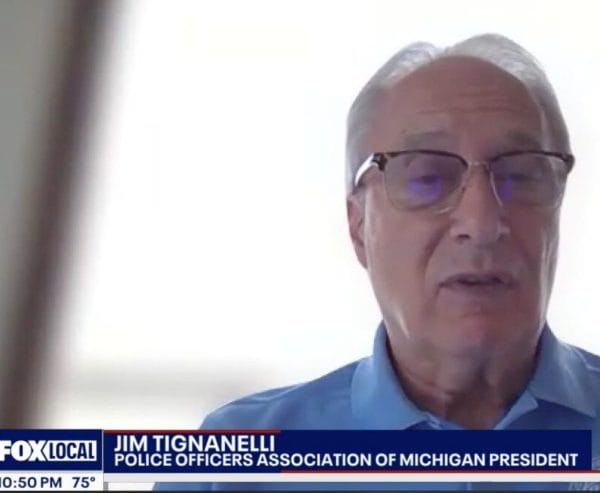As drunk driving arrests continue to decline in Michigan, a leading law enforcement advocate says the drop doesn’t signal safer roads—it reveals a troubling lack of patrol officers available to enforce public safety laws.
According to statewide data, OWI (Operating While Intoxicated) arrests have decreased significantly over the past five years. However, for Jim Tignanelli, President of the Police Officers Association of Michigan (POAM) and a veteran of more than 40 years in law enforcement, the numbers tell a different story.
“It’s not because fewer people are drinking and driving,” says Tignanelli. “It’s because we don’t have the staffing to catch them. That’s the reality we’re facing right now across Michigan.”
Departments throughout the state are stretched thin, with retirements outpacing recruitment. Tignanelli says younger generations are increasingly hesitant to enter the profession, citing long hours, high stress, and shifting public perception.
 Legislation Aims to Rebuild Police Presence Across Michigan
Legislation Aims to Rebuild Police Presence Across Michigan
To address the recruitment crisis, POAM is actively supporting several pieces of legislation aimed at rebuilding Michigan’s law enforcement ranks. Key bills currently in progress include:
Recruitment & Retention Bills
-
Public Safety Grants (HB 4194 / SB 268): Would allocate state-level grants to help local agencies recruit and train new officers, covering tuition and offering signing bonuses.
-
Tuition Reimbursement (HB 4232): Provides academy tuition coverage for aspiring officers who commit to serving in Michigan after certification.
Wellness Support for Active Officers
-
Law Enforcement Wellness (LEW) Funding: This pending legislation sets aside money to fund mental health and support services for officers. “If we want to keep good people in this profession, we have to invest in their wellness,” Tignanelli emphasizes.
These proposals are part of a broader initiative supported by POAM to bring stability back to policing in Michigan, and to ensure law enforcement careers remain attractive and sustainable long term.
“We’re not just watching numbers on a chart. These are real consequences in real communities,” says Tignanelli. “If fewer officers are out there, fewer crimes get stopped, and fewer people are held accountable.”
POAM Urges Immediate Action and Public Support
As the decline in OWI arrests continues, the signal is clear: enforcement depends on presence, and right now, presence is lacking.
POAM is urging both lawmakers and the public to support policies that restore strength to Michigan’s police forces. “This isn’t about politics,” Tignanelli adds. “It’s about protecting the public—and the people who serve them.”


